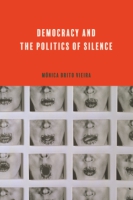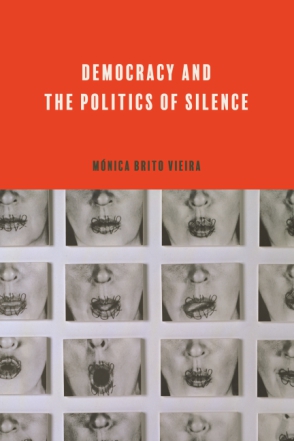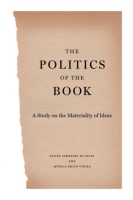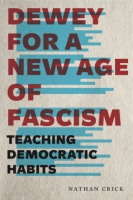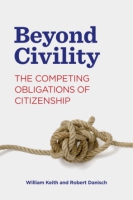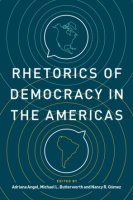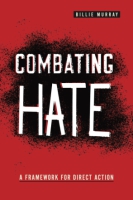Democracy and the Politics of Silence
Mónica Brito Vieira
“Displaying great intellectual dexterity and theoretical originality, this book successfully recuperates silence for democracy, understood not only as a set of institutions but also as a practice of power, an identity, and a normative order. An audacious and curious thinker, Brito Vieira goes off the beaten track and combines exemplary scholarship with refreshing insights into the unexpected political mechanics of silence.”
- Description
- Reviews
- Bio
- Table of Contents
- Sample Chapters
- Subjects
The book focuses on a particular set of problems concerning the relationship between political silence and the democratic triad of voice, agency, and representation. Each of the book’s chapters draws on a selection of hand-picked case studies, both historical and contemporary, including the NAACP’s Silent Parade in 1917, demonstrations by the Women in Black, Spain’s post-Franco Pact of Forgetting, Trump’s silent majority, debates related to the representation of nonhuman beings, and the famous Miranda judgment on the right to silence. Together they offer an innovative, ambitious investigation of democratically undesirable silences and practices of silence that are powerfully affirmative of democratic subjectivities, aims, and norms. In thus expanding the repertoire of democratic citizenship, Mónica Brito Vieira invites readers to consider what silence might teach them about democracy.
This timely book should appeal to political science students and scholars as well as anyone interested in the history of democracies and popular resistance movements.
“Displaying great intellectual dexterity and theoretical originality, this book successfully recuperates silence for democracy, understood not only as a set of institutions but also as a practice of power, an identity, and a normative order. An audacious and curious thinker, Brito Vieira goes off the beaten track and combines exemplary scholarship with refreshing insights into the unexpected political mechanics of silence.”
“What does silence say to us? In this intriguing book, Brito Vieira shows how little we know and understand about it. Rather than the absence of politics, she shows silence to be pluripotent with political implications and practices. Silence’s politics emerge through intriguing examples, trenchant criticisms, and startling enactments. This book makes it impossible to hear silence in the same way.”
“Mónica Brito Vieira has written a nuanced and deeply probing book. She positions silence at the heart of the political process—as a fashioner of democratic practice and spirit, and as a vital communicative presence rather than a meaningless absence. This illuminating contribution to the performative and normative aspects of silence will grace the bourgeoning sphere of silence studies and be required reading for political theorists, historians, cultural sociologists, and ethicists intent on enriching their fields of scholarship.”
Mónica Brito Vieira is Professor of Political Science at the University of York. She is the author of The Elements of Representation in Hobbes: Aesthetics, Theatre, Law and Theology in the Construction of Hobbes’s Theory of the State and the coauthor of The Politics of the Book: A Study on the Materiality of Ideas, the latter also published by Penn State University Press.
Acknowledgments
Introduction
Chapter 1 Unsaying
Chapter 2 Silence’s Freedoms
Chapter 3 Self-Silencing and Social Silences
Chapter 4 Silent Sisterhood
Chapter 5 The Silences of Constitutions
Chapter 6 Representing Silence
Chapter 7 The Silence of Nature
Conclusion
Notes
References
Index
Mailing List
Subscribe to our mailing list and be notified about new titles, journals and catalogs.
